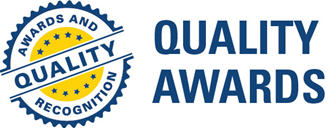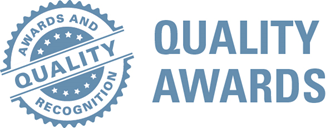

 Quality Awards
Quality Awards
St. Luke’s Psychiatry residency provides a structured 4 year clinical educational experience to prepare residents to practice as independent psychiatrists. Some highlights include:
As a resident, you will be directly involved in the treatment planning of YOUR patients. Here, in addition to your clinical duties, you will have the opportunity to participate in educational conferences, research projects beginning in PGY 1 and the training of other residents and medical students.
Child and Adolescent inpatient as a PGY 2 will be through our affiliation with Kids Peace, a facility with over 100 inpatient beds as well as outpatient services, partial and residential programs as well as at St. Luke’s Easton Hospital. In addition to your own clinic you will have the opportunity to practice integrated psychiatry in a primary care FQHC. In those settings, you will gain an appreciation of the multidisciplinary approach of collaborative care.
Our program focuses on teaching residents the fundamentals of psychiatry and the pharmacologic and therapeutic management of psychiatric illnesses. With over 150 inpatient adult and older adult beds in the network, you will be exposed to various pathologies, co-morbid medical and neurological illnesses, personality disorders and substance use.
Because excellent patient care involves so much more than writing progress notes, you will learn the best clinical practices to improve outcomes and safety, as well as the importance of psychosocial supports and follow up.